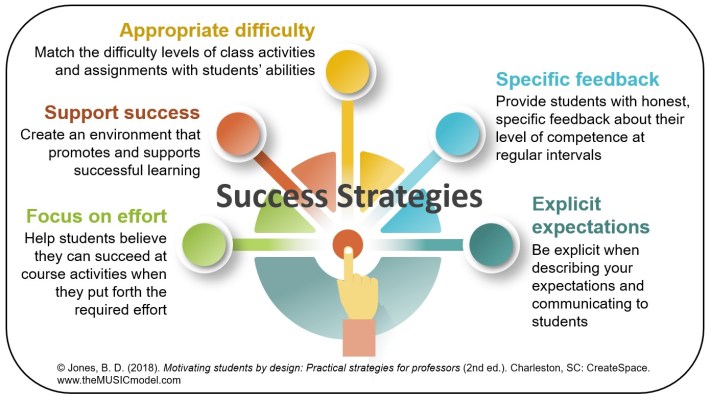The job market is evolving at an unprecedented pace, driven by technological advancements, economic shifts, and changing workforce demands. As we step into 2025, many professionals find themselves at a crossroads, considering career changes to stay relevant and achieve their goals. Whether you are shifting industries, pursuing a new skill set, or transitioning to remote work, navigating career changes requires strategic planning and adaptability.
In this article, we will explore the key factors influencing career transitions in 2025, strategies to make a smooth shift, and the industries offering promising opportunities. By the end of this guide, you will have a clear roadmap to successfully manage your career transformation while optimizing your financial stability and professional growth.
Why Career Changes Are More Common in 2025
The nature of work has undergone a dramatic transformation in recent years, and 2025 is no exception. Several factors contribute to the rising trend of career changes:
A. Automation and Artificial Intelligence (AI)
- AI and machine learning continue to replace repetitive tasks, leading to job displacement in certain industries.
- Professionals must upskill or reskill to align with technological advancements.
B. The Gig Economy and Remote Work Expansion
- More workers are embracing freelance and remote opportunities for better work-life balance.
- Companies are increasingly outsourcing specialized skills, creating opportunities for independent contractors.
C. Shifting Industry Demands
- Sectors such as renewable energy, fintech, and cybersecurity are booming.
- Traditional roles in industries like retail and manufacturing are evolving, requiring new expertise.
D. Workforce Demographics and Preferences
- Millennials and Gen Z workers prioritize flexibility, purpose, and career growth over job stability.
- Many professionals are leaving corporate jobs in favor of entrepreneurial ventures or consulting roles.
E. Economic Factors and Globalization
- Economic downturns and geopolitical shifts influence job availability and career paths.
- Cross-border job opportunities are becoming more accessible due to digitalization.
Steps to Successfully Transition Your Career
Changing careers can be daunting, but with the right approach, it can also be a rewarding journey. Here’s how you can navigate this transition effectively:

A. Self-Assessment and Goal Setting
- Identify your strengths, weaknesses, and career aspirations.
- Determine the skills and experiences you need for your new career path.
- Set realistic short-term and long-term goals for your transition.
B. Research and Market Analysis
- Study industry trends and emerging job opportunities.
- Evaluate salary expectations, job demand, and growth potential.
- Identify transferable skills that align with your target career.
C. Skill Development and Education
- Enroll in relevant courses, certifications, or degree programs.
- Gain hands-on experience through internships, volunteer work, or side projects.
- Stay updated with industry best practices and technological advancements.
D. Networking and Mentorship
- Connect with industry professionals through LinkedIn, conferences, and networking events.
- Seek mentorship from experienced individuals in your desired field.
- Join online forums and communities to stay informed and gain insights.
E. Updating Resume and Online Presence
- Tailor your resume and cover letter to highlight relevant experience and skills.
- Optimize your LinkedIn profile with keywords and industry-specific content.
- Showcase your expertise through personal branding, blogs, or portfolio projects.
F. Gaining Practical Experience
- Consider part-time roles, freelancing, or contract work to build credibility.
- Participate in hackathons, open-source projects, or case competitions.
- Leverage internships or apprenticeships to gain industry exposure.
G. Job Search and Application Strategy
- Apply for roles strategically, focusing on quality over quantity.
- Customize applications to align with specific job descriptions.
- Prepare for interviews by practicing common questions and industry scenarios.
H. Financial Planning During Transition
- Maintain a financial cushion to support yourself during the transition period.
- Explore income-generating side gigs to supplement your earnings.
- Budget wisely and minimize unnecessary expenses.
Top Industries for Career Transition in 2025
If you’re considering a career change, these industries offer excellent opportunities and future-proof career paths:
A. Technology and AI
- Roles in data science, AI development, and cloud computing are in high demand.
- Cybersecurity remains a crucial field with significant job openings.
B. Healthcare and Biotechnology
- The need for medical professionals, telemedicine experts, and biotech researchers is growing.
- Careers in health informatics and digital health solutions are emerging.
C. Green Energy and Sustainability
- The shift to renewable energy has created demand for solar, wind, and environmental engineers.
- Companies seek sustainability consultants to improve eco-friendly practices.
D. Finance and Fintech
- Cryptocurrencies, blockchain, and digital banking are revolutionizing the finance sector.
- Financial analysts, investment managers, and risk assessors have bright career prospects.
E. E-Commerce and Digital Marketing
- Online businesses require experts in SEO, PPC, social media marketing, and content creation.
- UX/UI design and web development are essential skills in this domain.
F. Education Technology (EdTech)
- Online learning platforms need instructional designers, e-learning developers, and AI-driven education specialists.
- The demand for remote tutors and education consultants is increasing.
Common Challenges and How to Overcome Them
Career transitions come with challenges, but being prepared can help mitigate them:
A. Fear of the Unknown
- Embrace change as an opportunity for growth rather than a risk.
- Stay informed and surround yourself with supportive peers.
B. Skill Gaps
- Take online courses and attend workshops to bridge knowledge gaps.
- Gain hands-on experience through projects and freelancing.
C. Financial Instability
- Save money before making the transition.
- Explore temporary side gigs or passive income sources.
D. Lack of Professional Network
- Actively participate in industry events and professional groups.
- Engage in informational interviews to expand connections.
E. Rejection and Setbacks
- View rejection as a learning experience rather than a failure.
- Continuously refine your job search approach and improve your skills.














